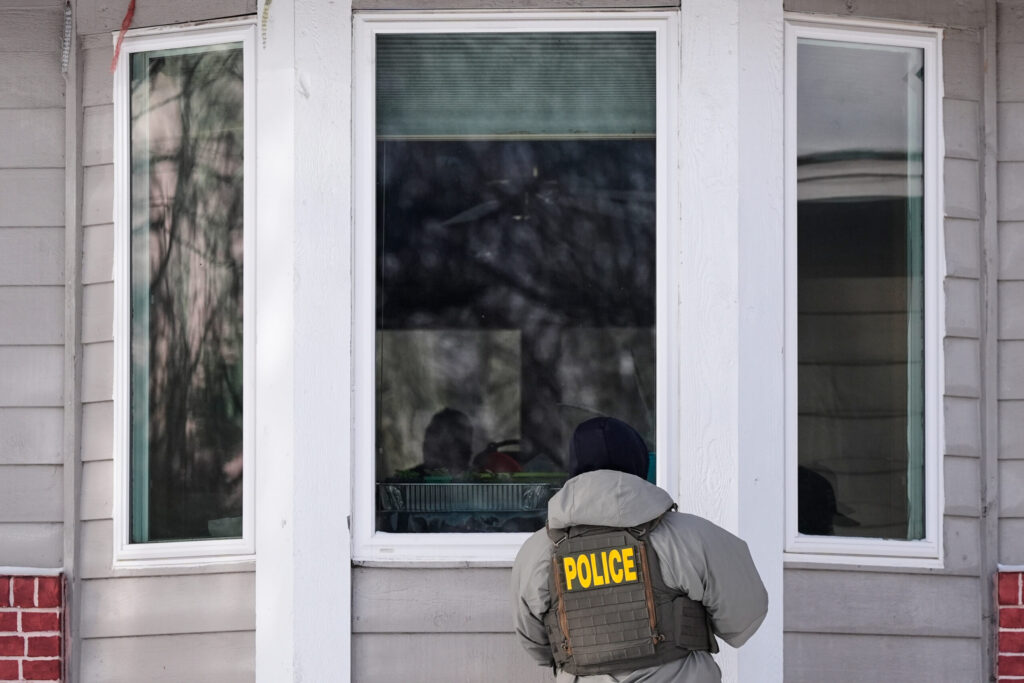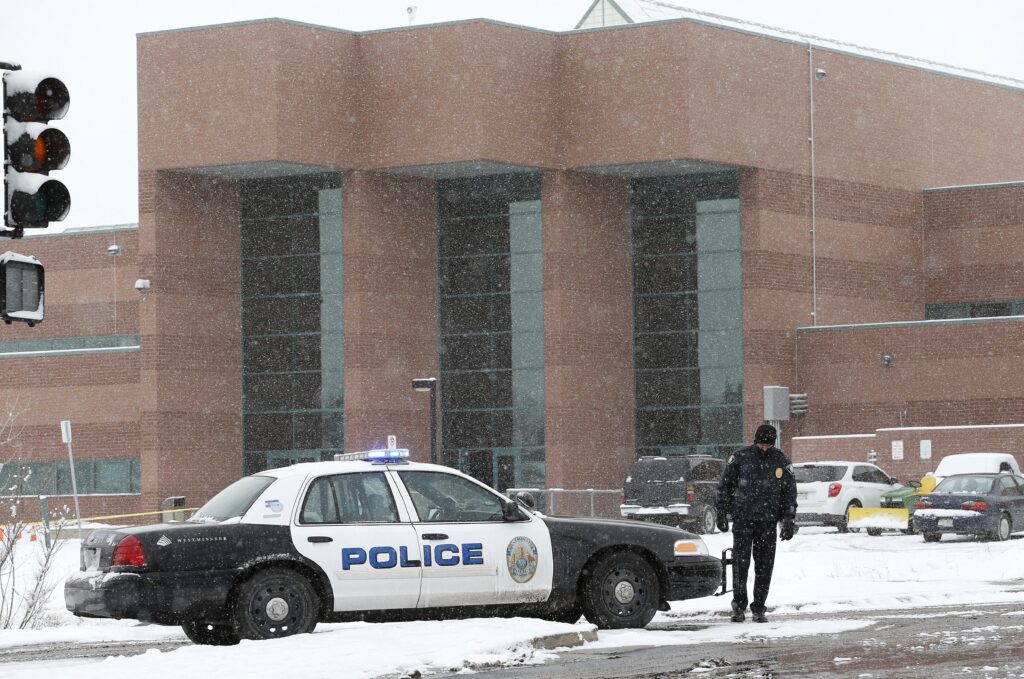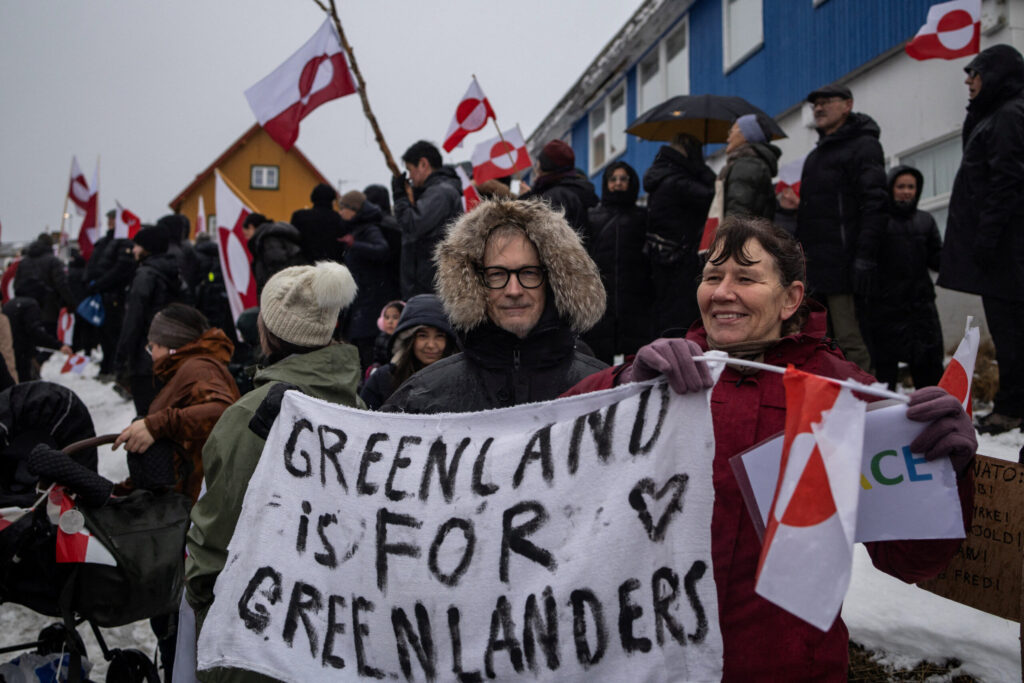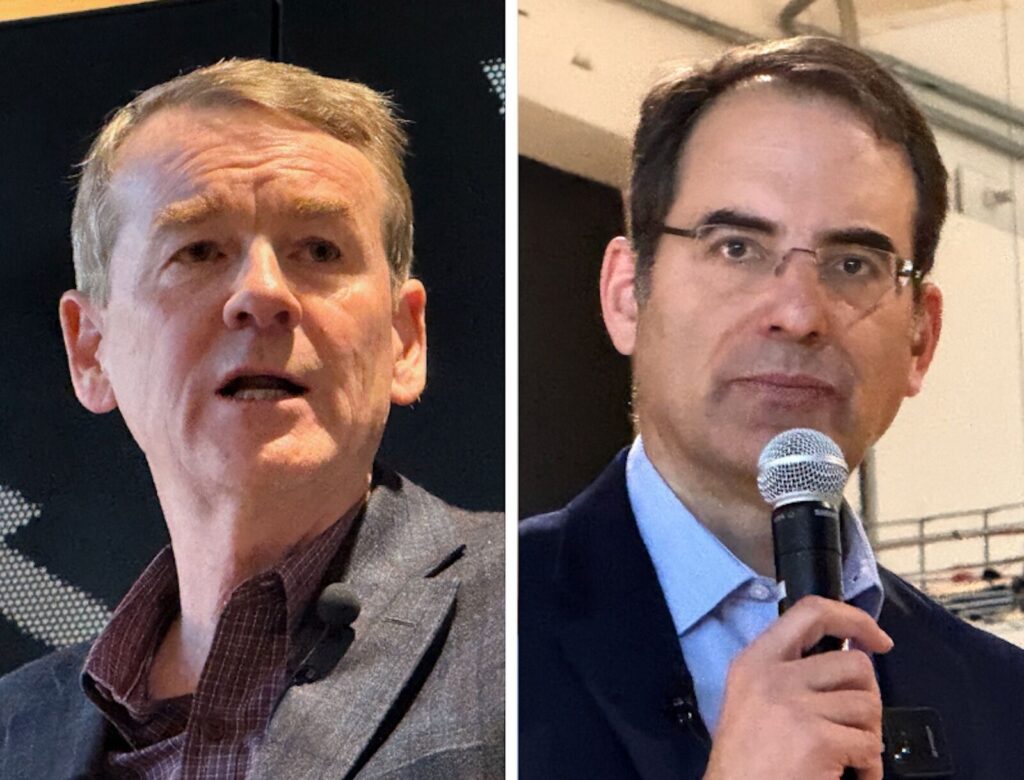Denver considers new fee-based waste diversion program

Denver is considering expanding its residential waste services to provide weekly recycling and composting services to all customers with a new leveled fee structure.
The program would charge residents in single-family homes and small multifamily buildings a different amount monthly based on the size of trash bin they need. The fee structure would charge $9 for a small trash bin, $13 for a medium one and $21 for a large one. Recycling, composting and other solid waste services are also included in that fee for no additional charge.
Trails, climbing areas closed at Eldorado Canyon State Park to protect nesting eagles
Winna MacLaren, spokesperson for the city’s Office of Climate Action, Sustainability and Resiliency, said Denver’s diversion rate is 26% compared to the national average of 34%. This means only 26% of Denver’s waste is being kept out of landfills through recycling or composting.
“What we’re seeing in other similar cities is when they begin charging a fee for these waste hauling services, that diversion rate goes up,” MacLaren said.
Denver provides waste hauling services for about 180,000 households. The city collects recycling every two weeks and charges for composting, which it says discourages folks from participating in the service. For years, residents have asked the city to pick up recycling once a week rather than once every two weeks.
MacLaren said getting organic matter out of the landfill will have a huge climate impact, and getting more folks to recycle and compost with this modified program would help.
Investigation underway after man attacked by mountain lion in Montezuma County
“When all of that waste goes to landfill and is sitting there, it creates methane, which is one of the greenhouse gas emissions and our office has been tasked with trying to reduce,” MacLaren said. “Methane is interesting in that it is a much more potent greenhouse gas emission. … With that trash out of the landfill, it has a much more immediate effect.”
MacLaren said she understands that nobody likes a new fee, but that her office is doing everything it can to reduce greenhouse gas emissions and increase diversion rates. She said solid waste services are now funded through the city’s general fund, meaning people in Denver who don’t use these services are paying for it. The new fee would only be used to fund the city’s trash collection services.
House panel votes down bill requiring businesses to provide alternative transport for workers
“Everyone pays into that (fund). That’s all residents, visitors and it includes our commercial and larger multifamily (buildings) that don’t currently receive any services from solid waste,” MacLaren said. “This is also to make sure that only those customers that are currently using the services are charged.”
The program would also include options for a discount for low-income households based on area median income.
City officials are gathering public feedback on the program before they present a proposal to City Council sometime this spring, MacLaren said. If council is in favor of the program, it would be implemented with lots of education, she said.














